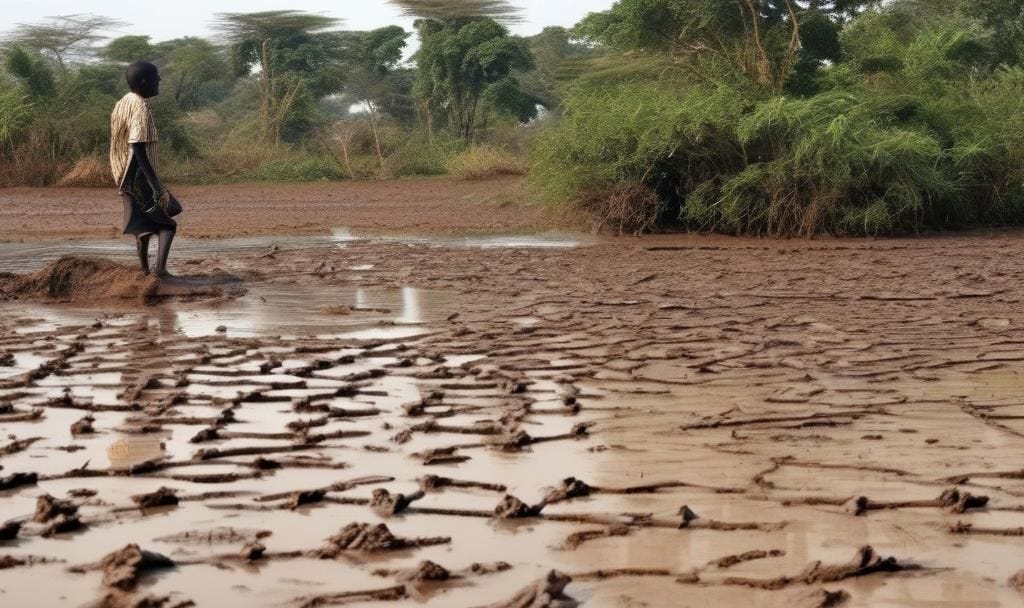Mind the gender gap - science communication and climate change solutions
An interview with Dr. Sophia Huyer
My latest guest on the Science4Parliament podcast is Dr. Sophia Huyer, the gender and social inclusion lead for the AICCRA (accelerating the impact of climate research in Africa), program which is based in Dakar in Senegal. Sophia has been publishing and presenting on global gender equality issues in relation to technology, innovation and sustainable development for over 20 years. We had a very interesting conversation about the different ways that women and men experience, and deal with, climate change, and some of the work with smallholder farmers in Africa to harness scientific information to help overcome these challenges.
Please click here for the full conversation on the Science4Parliament podcast
Coping with climate change
Sophia explained that, as women are more likely to be the ones responsible for family care, cooking, growing food for the home, and, with girls and children, the ones often responsible for fetching water and wood, they tend to have much less time for paid work, and therefore less access to resources such as credit or income from their work. They are also generally less involved in life outside the home and have less opportunities to engage with sources of information. This affects their ability to deal with the impacts of climate change, to grow food productively, and to make money from their work.
Women are also often the ones who bear the burden when climate change has an impact on their environments, for example, lack of access to water. If local sources dry up this can mean longer travelling distances which takes up more of their day. Less water can have an impact on food production, nutrition and the preparation of household meals, sanitation, bathing and cleaning and the related health impacts of this such as infections. Then, because of failing crops and effects on household income, men can be forced to move away for work and women are the ones left behind to take over their tasks.
AICCRA is trying to help, firstly by bringing all the up-to-date scientific research to government and information agencies in the countries they operate in and then, working with these agencies to create data hubs to disseminate the information to the people who need it most keeping existing digital, gender, and rural/ urban gaps in mind. For example, farmers in the rural areas may not have the same level of income or technical literacy as those in urban areas and the mobile networks may not be as extensive or reliable as those in urban areas. Various low-cost information technologies and dissemination strategies which are easily accessed, not very complicated or high tech are used, for example radio, which is the most common tool for information dissemination in rural areas and very effective amongst women.
.More information on Dr. Sophia Huyer


